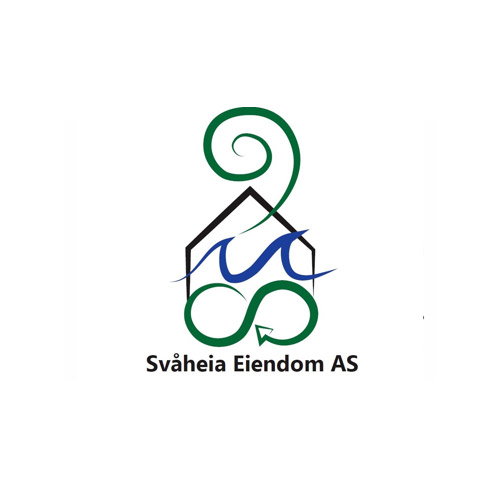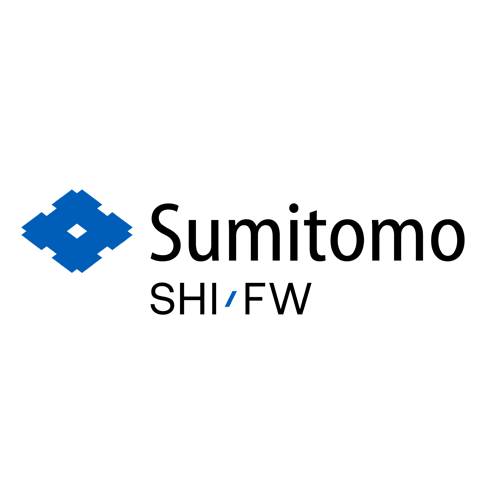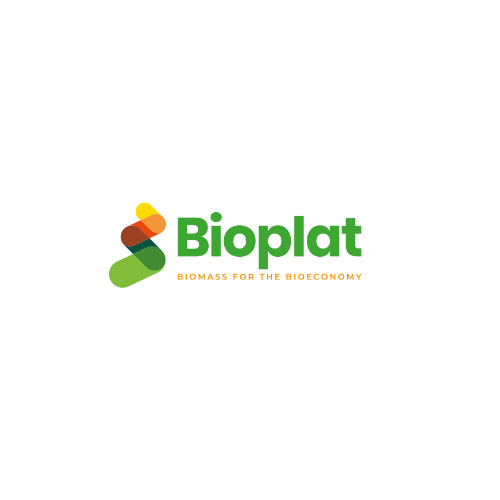ABOUT CARBIOW
CARBIOW (Carbon Negative Biofuels from Organic Waste) is a Research and Innovation Action funded by the European Commission under the Horizon Europe Programme, which addresses green transition and circular economy by proposing novel technologies that cover the whole process of conversion of organic waste to maritime and aviation biofuels.
The goal of CARBIOW is to establish an efficient and scalable process to convert the Organic Fraction of Municipal Solid Waste (OFMSW) and other hard-to-utilize solid organic wastes to biofuels
KEY TARGETS

Establishing a new pre-treatment process of OFMSW where a cleaner, denser, carbon-rich, dry, and homogenous solid biofuel is produced

Utilization of pure oxygen (nitrogen-free gas) in combustion and gasification to produce clean syngas

Carbonization of gasification ashes with CO2 through innovative carbonation techniques to decarbonize the cement industry and address carbon negativity

Production of Fischer-Tropsch fuels for the maritime and aviation industry. The latter target will focus on the production of alcohols for maritime, and kerosene for the aviation sector
THE CARBIOW PROJECT VALUE CHAIN
The ambition of CARBIOW closely contributes to the key aspects of sustainable development, green transition, and (bio)circular economy by:
-
Establish novel techniques such as torrefaction for organic waste pre-treatment and clean biofuel production.
-
Boost novel technology advancement in oxy-conversion of waste biofuels.
-
Valorization of OFMSW as a reliable, abundant, and secured source of biomass; besides boosting collaboration to establish a true bioeconomy.
-
Decarbonization of hard-to-abate sectors like aviation and maritime.
-
Decarbonization of large industries, such as cement, through CO2 fixation by promoting innovative and efficient techniques and generation of new negative carbon footprint mineral feedstocks.
TEAM
CARBIOW’s team is composed of highly complementary partners spread around Europe











